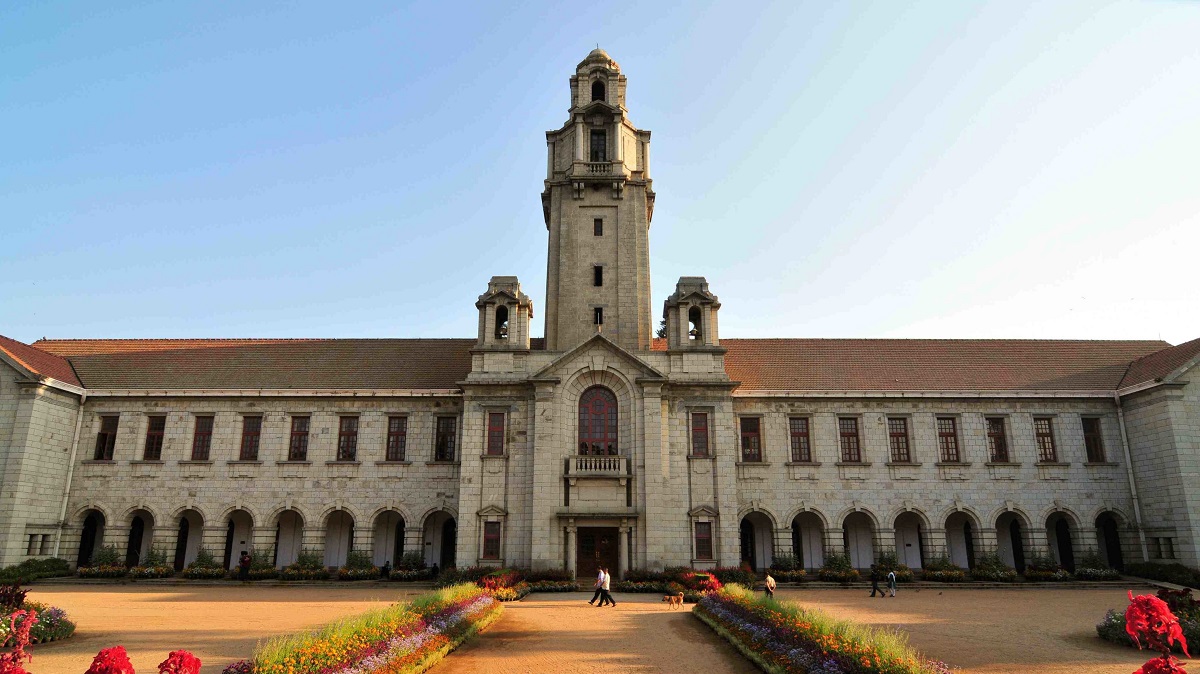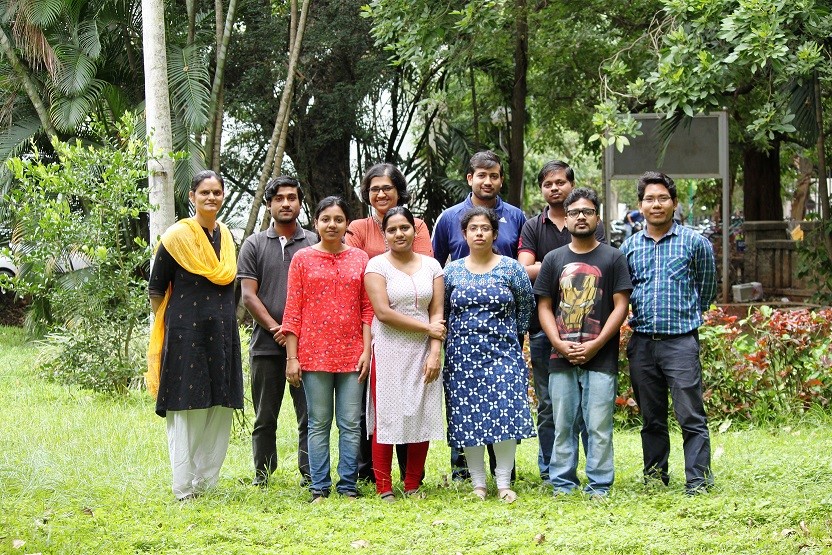
CSIR Tops Scientific Research Institutional Ranking
- News
- 2K
The Council of Scientific and Industrial Research (CSIR) has been ranked first in the Nature Ranking Index-2020. The rankings are based on total research output which the institutions have carried out from December 01, 2018, to 30th November 2019. Indian Institute of Science (IISc), Bengaluru, has been ranked second.
CSIR-New Delhi has achieved the top position with 142 counts (C) and a share percentage (SP) of 87.74 while IISC-Bengaluru stands second with 211 counts and 83.61 in share percentage. The total research output indicated the counts which mean total citations in numbers and shares which mean the sharing percentage per article. The top subjects so associated with the research work include Earth and Environmental Sciences, Physical Science, Chemistry and Life Sciences.
The third place in India is secured by the Tata Institute of Fundamental Research (TIFR-Mumbai) with a research count of 232 and a share percentage of 62.18. Homi Bhabha National Institute (HBNI), Indian Institute of Technology Bombay (IIT Bombay), Indian Institute of Technology Madras (IIT Madras), Indian Association for the Cultivation of Science (IACS), Indian Institute of Science Education and Research Kolkata (IISER Kolkata), Indian Institute of Technology Guwahati (IIT Guwahati), Indian Institute of Science Education and Research Pune (IISER Pune) are among other institutions that have been ranked in the list.
In a recent meeting of the CSIR Society, Prime Minister Narendra Modi praised the work of this institute. He suggested that scientists should work on topics like 5G, artificial intelligence, water conservation, malnutrition, the prosperity of farmers through science and technology and the manufacturing of inexpensive and durable batteries for renewable energy storage.
Dr. Shekhar Mande, Director General, CSIR has expressed his happiness over CSIR ranking. In his tweet he mentioned “he is happy and proud with the development of the CSIR family”.
About 4600 scientists are actively involved in CSIR’s 38 laboratories across the country, supported by about 8000 scientific and technical personnel. The institute works in various disciplines and fields of science and technology including radio and space physics, ocean science, geophysics, chemistry, medicine, genomics, biotechnology, nanotechnology, mining, aeronautics, equipment manufacturing, environmental engineering, and information technology. CSIR on average files about 200 Indian patents and 250 foreign patents annually. (ISW)
If you liked this article, then please subscribe to our YouTube Channel for the latest Science & Tech news. You can also find us on Twitter & Facebook.


